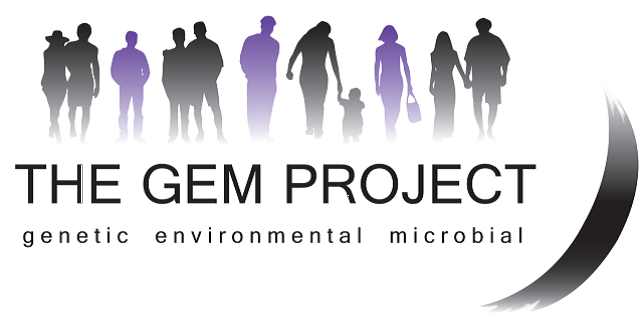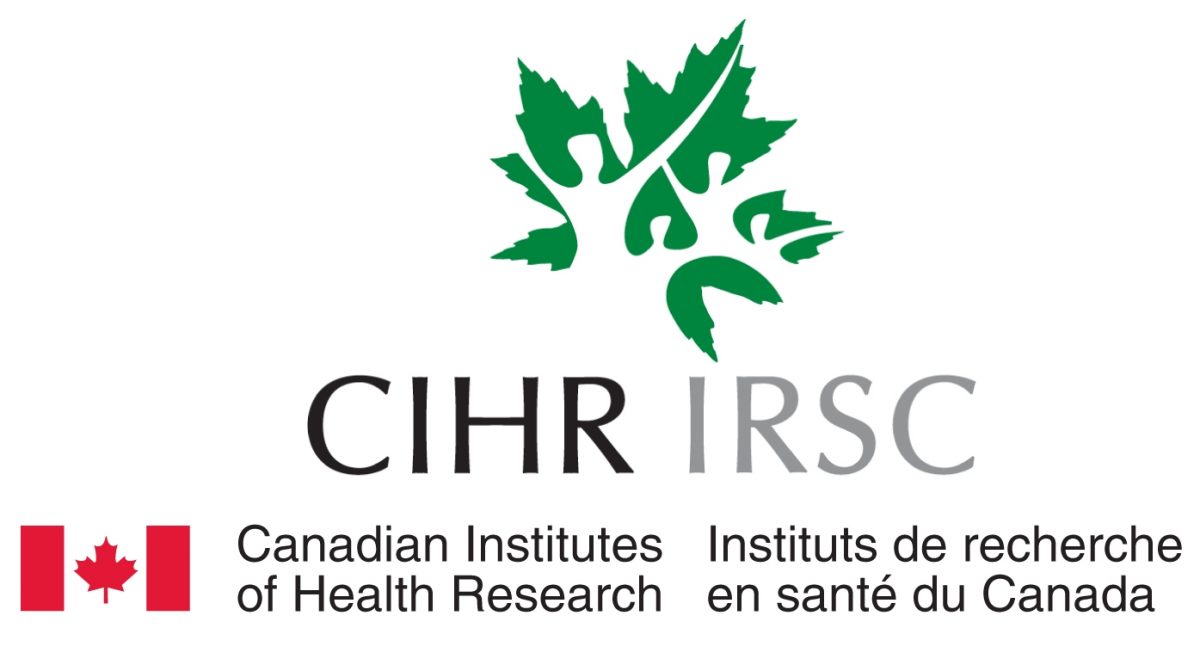GEM Project
The GEM (Genes, Environment and Microbes) Project is an international research study designed to determine the cause(s) for Crohn’s Disease by following healthy individuals who are at a higher risk for developing the disease over time.Funded by CCC, HCT and CIHR.

GEMINI Study
GEMINI stands for Generational Differences in Environmental Exposures caused by Migration: Impact on Incidence of Inflammatory Disease. This research study addresses a growing concern in the South Asian Canadian communities. These communities are experiencing a dramatic increase in the incidences of chronic inflammatory disease upon exposure to the North American environment. The team are investigating how the microbiome might change when people migrate from South Asia to Toronto and how this could contribute to chronic disease. The purpose of this research is to also understand health beliefs, health care needs and access to health care services among 1st and 2nd generation South Asian Canadians living in the Greater Toronto Area. We encourage individuals of South Asian descent to join the effort.Funded by Connaught, CIHR.

Mount Sinai Hospital’s Centre for Inflammatory Bowel Disease
The Centre for Inflammatory Bowel Disease (IBD), one of six centres of excellence at Mount Sinai Hospital. The IBD Center is an international leader in delivering excellence in patient care, education and research for patients with Crohn’s disease and ulcerative colitis, the two main forms of IBD.
The Centre is Canada’s largest, most comprehensive multidisciplinary team of IBD clinicians including gastroenterologists, colorectal surgeons, nurses, allied health, enterostomal therapists, investigators and research staff.
The Centre provides both outpatient care and inpatient services, in a uniquely combined medical and surgical IBD unit, seeing more than 4,700 patients annually, many who come from outside of Toronto and Ontario. The Centre is also the tertiary referral centre for all of Ontario for patients with complex IBD for second opinions and/or ongoing care.

Sinai Health System
Mount Sinai Hospital, part of the Sinai Heath System, delivers exceptional care in hospital, community and home. We discover and translate scientific breakthroughs, develop practical health solutions, educate future clinical and scientific leaders and lead efforts to eliminate health inequities.

The Lunenfeld-Tanenbaum Research Institute (LTRI)
The Lunenfeld-Tanenbaum Research Institute of Mount Sinai Hospital, a University of Toronto affiliated research centre, is one of the world’s leading centres in biomedical research. With ground-breaking discoveries in research areas such as diabetes, genetic disorders, cancer and women’s and infants’ health, the Institute is committed to excellence in health research and the training of young investigators. Strong partnerships with the clinical programs of Mount Sinai Hospital ensure that scientific knowledge is used to promote human health.

Zane Cohen Centre for Digestive Diseases
The Zane Cohen Centre for Digestive Diseases (ZCC) is a clinical research facility, internationally acclaimed as a leader in the understanding and treatment of gastrointestinal diseases. The Centre’s research focus is to determine the causes of Inflammatory Bowel Diseases (Ulcerative Colitis and Crohn’s). The ZCC is proud of its collaborative team structure consisting of gastroenterologists, surgeons, psychiatrists, psychologists, pathologists, radiologists, molecular geneticists, genetic counsellors, epidemiologists, paediatricians and IT specialists. Because our investigators are clinicians, the Centre prides itself in being able to quickly and efficiently bring new research findings into the medical setting, for more tailored treatment and better patient care.

Department of Immunology, University of Toronto
The Department of Immunology at the University of Toronto is dedicated to excellence in research and teaching. The department operates as an integrated, collaborative community with approximately 65 investigators in 7 research sites in Toronto, which includes our hospital-based university-affiliated research institutes. Together it strives to advance biomedical discoveries in Immunology, increase our understanding of fundamental Immunological principles and develop new applications for immune-based therapies. Faculty in the Department of Immunology carry out research that spans many disciplines in Immunology including: Adaptive Immunity; Innate Immunity; Developmental Immunology; Autoimmunity; Immunodeficiency; Infectious Disease; Cancer Immunology; Transplantation Immunology.

Crohn’s and Colitis Canada (CCC)
Crohn’s and Colitis Canada is a Canadian national volunteer-based charity dedicated to finding cures for Crohn’s disease and ulcerative colitis and to improving the lives of children and adults affected by these chronic conditions. Since its foundation in 1974, Crohn’s and Colitis Canada has been dedicated to raising funds for research into inflammatory bowel disease in the hope of finding a cure.

The Helmsley Charitable Trust
The Helmsley Charitable Trust aspires to improve lives by supporting exceptional nonprofits and mission-aligned organizations in the U.S. and around the world in health, place-based initiatives, education and human services.
The Helmsley Charitable Trust supports leading research institutions across the globe in an unprecedented effort to find a cure—and until then better treatments—for IBD and Crohn’s disease. Helmsley has allocated more than $160 million to institutions in the United States, Canada, Europe, and Israel. Many of these projects bring scientists together in new collaborations to study different facets of the disease and incorporate the latest technologies and most recent scientific insights into their explorations. Across the program, nearly 100 Helmsley-funded investigators are working to understand both how human genetics and the gut microbiome can cause and exacerbate IBD and bring those insights into the development of new treatments.

Canadian Institutes of Health Research (CIHR)
The Canadian Institutes of Health Research (CIHR) is Canada’s federal funding agency for health research. Composed of 13 Institutes, we collaborate with partners and researchers to support the discoveries and innovations that improve our health and strengthen our Canadian health care system.
